
Nitesh Patel - Physiotherapist
Posts
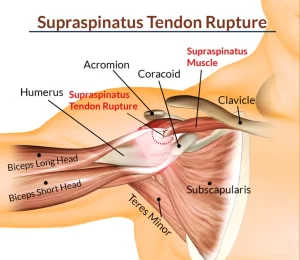
Supraspinatus Tendinitis: Physiotherapy Management
Definition of Supraspinatus Tendinitis: Supraspinatus tendinopathy is a common and disabling condition that becomes more prevalent after middle age and is a common cause of...
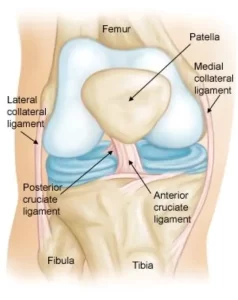
Knee Joint: It’s Important
Introduction Of Knee Joint Anatomy of Knee joint: Bones: The femur (thigh bone), tibia (shin bone), and patella (kneecap) make up the bones of the...
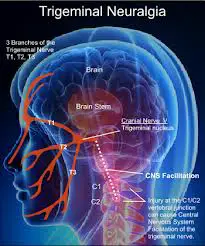
Trigeminal Neuralgia
Trigeminal neuralgia is a chronic pain condition that affects the trigeminal nerve, which carries sensation from your face to your brain. If you have trigeminal...
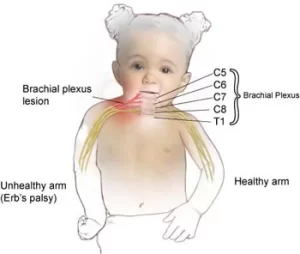
Erb’s Palsy & Physiotherapy Treatment:
What is Erb’s palsy? Erb’s palsy also called Erb’s Duchenne palsy is a paralysis of the arm (Upper Limb). This injury is caused mainly Due...
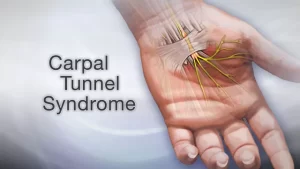
Carpal Tunnel Syndrome & Physiotherapy Treatment
What is a Carpal Tunnel Syndrome (CTS)? Carpal Tunnel Syndrome (CTS) is a condition that affects the hand and wrist. It is caused by compression...
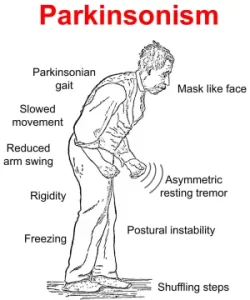
Parkinsonism & Physiotherapy Exercise:
What is a Parkinsonism? → Parkinsonism is a clinical syndrome characterized by tremors, bradykinesia, rigidity, and postural instability.→ Parkinsonism is any condition that causes a...

ACUTE TRANSVERSE MYELITIS (ATM)
INTRODUCTION: Acute transverse myelitis is acute inflammation of gray and white matter in one or more adjacent spinal cord segments, usually thoracic. Causes include multiple...
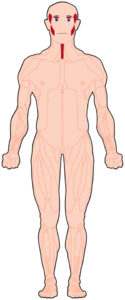
OCULOPHARENGEAL MUSCULAR DYSTROPY (OPMD)
Introduction: → Oculopharyngeal muscular dystrophy (OPMD) is a rare form of muscular dystrophy with symptoms generally starting when an individual is 40 to 50 years...

MYOTONIC MUSCULAR DYSTROPY
Introduction: → Myotonic muscular dystrophy is a long term genetic disorder that affects muscle function.Myotonic dystrophy is an autosomal-dominant disorder which is typically inherited from...
